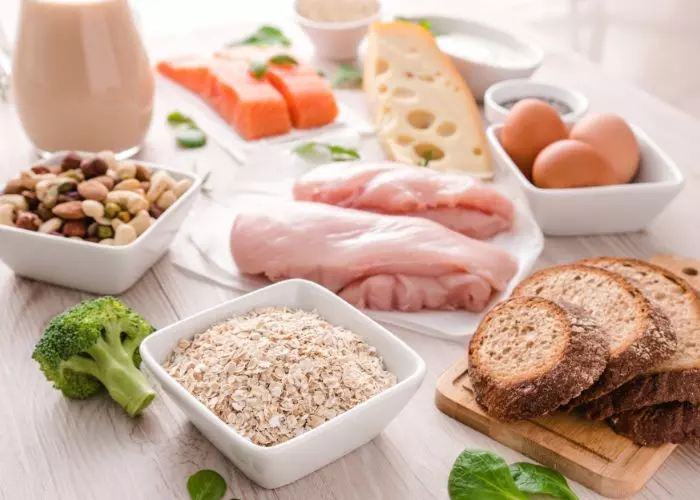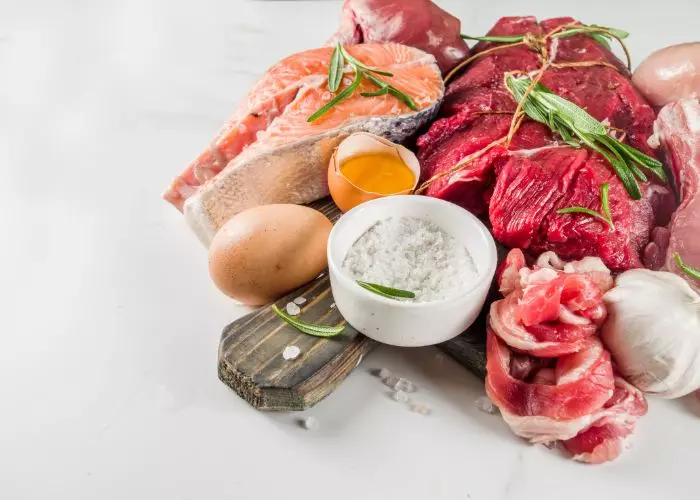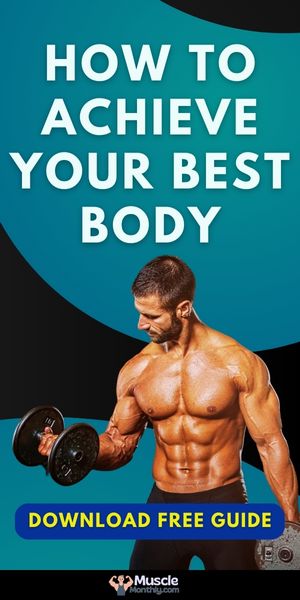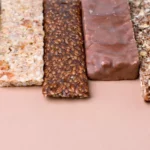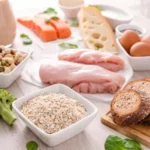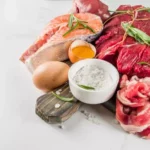What Foods Have Whey Protein? Whey protein has gained immense popularity as a dietary supplement due to its numerous health benefits and role in muscle building. However, you don’t need to rely solely on protein shakes and supplements to get your daily dose of whey protein.
Le’s explore a variety of natural food sources rich in whey protein that can be easily incorporated into your diet. Whether you’re an athlete looking to enhance performance or an individual seeking a nutritious boost, understanding these whey protein-rich foods will undoubtedly elevate your overall health and well-being.
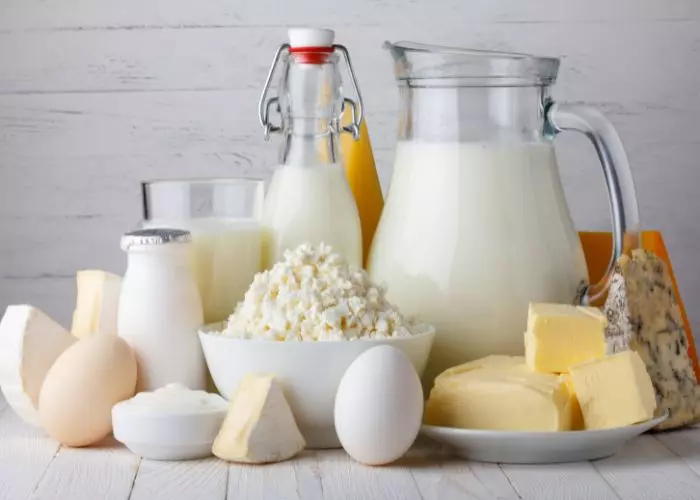
What Foods Have Whey Protein: Dairy Products
Dairy products, like milk and Greek yogurt, are widely recognized as rich sources of whey protein. Commercial whey supplements are often derived from milk. Additionally, options such as cottage cheese and ricotta cheese contain high whey protein content, offering vital vitamins and minerals for bone health and immunity.
Dairy products provide not only protein but also essential nutrients crucial for overall well-being. Whether enjoyed alone or used in tasty recipes, they offer a delicious and nutritious way to increase whey protein intake. With their accessibility and versatility, dairy delights are an indisputable choice for enhancing your protein consumption.
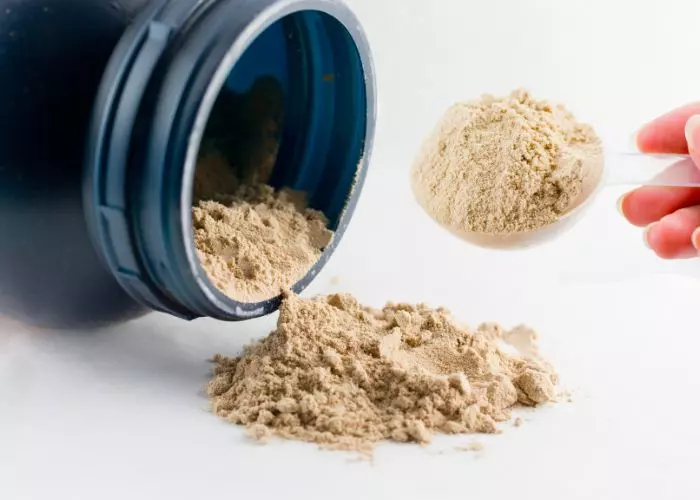
Whey Protein Isolate
Fitness enthusiasts and athletes favor whey protein isolate due to its high protein concentration, low fat, and lactose content. This easily digestible powder form offers rapid absorption. Beyond shakes, it enhances protein bars and meal replacement shakes, providing a convenient protein boost for active lifestyles.
Whey protein isolate, with its minimal fat and lactose, has gained popularity among fitness enthusiasts and athletes. Its easily digestible powder form allows for rapid absorption. Beyond shakes, it’s used in protein bars and meal replacement shakes, offering a quick and effective protein boost for active individuals.
Edible Seeds
Hemp seeds and pumpkin seeds are lesser-known but rich sources of whey protein. Incorporating them into your diet elevates protein intake while providing beneficial fats, fiber, vitamins, and minerals. Add them to salads, smoothies, or enjoy as snacks for a delightful and wholesome way to obtain protein.
Discover the hidden treasure of whey protein in hemp and pumpkin seeds. Boost protein intake and reap the benefits of essential nutrients, healthy fats, and fiber. Sprinkle on salads, blend into smoothies, or savor as a crunchy snack to enjoy the goodness of these mighty seeds.
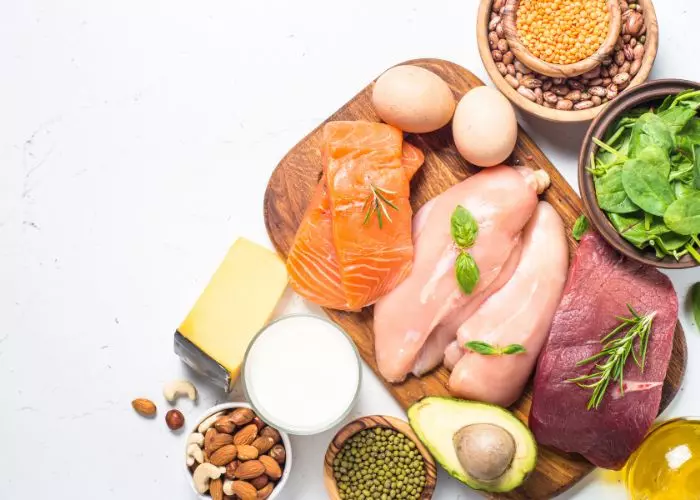
Fortified Foods
In recent years, the food industry has seen a surge in whey protein-fortified products, like bread, breakfast cereals, energy bars, and pasta. These foods offer a convenient way to add whey protein to your diet without sacrificing taste or convenience. Remember to check labels for natural, beneficial options.
Whey protein fortified foods cater to health-conscious consumers seeking a nutritional edge. Enjoy the benefits of added protein while maintaining a delicious and practical diet. Ensure you select products with minimal additives and preservatives for genuinely beneficial whey protein inclusion.
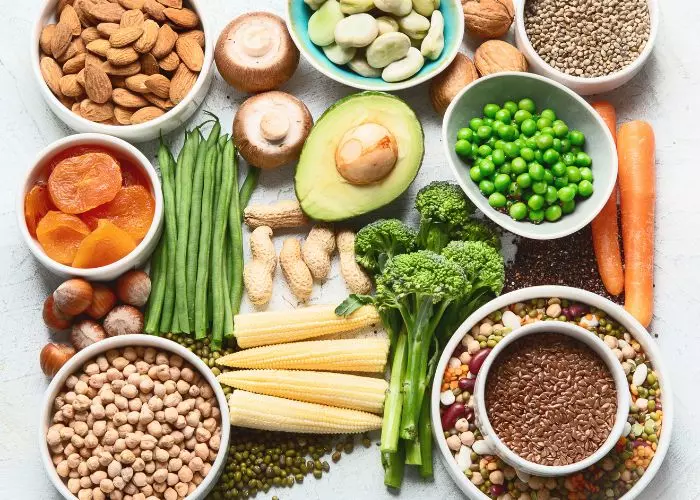
Plant-Based Sources
Vegans and lactose-intolerant individuals seek plant-based whey protein sources. Soy protein stands out as a complete protein with all essential amino acids, a great whey protein alternative. Quinoa, lentils, and select beans are also rich plant-based sources, empowering diverse diets with balanced nutrition and delightful flavors.
Discover plant powered whey protein alternatives for vegans and non vegans alike. Embrace soy protein, quinoa, lentils, and select beans to meet protein needs while relishing diverse tastes. These versatile plant-based sources offer nutritional goodness for a well-rounded dining experience.
Frequently Asked Questions
What are some examples of dairy products that are rich in whey protein?
Greek yogurt, cottage cheese, and ricotta cheese stand out as delectable dairy options, brimming with whey protein. These nutrient powerhouses not only satisfy your taste buds but also bolster your daily protein consumption, making them ideal additions to a balanced diet.
What is whey protein isolate?
Whey protein isolate is a highly concentrated form of whey protein that undergoes further processing to remove most of the fat and lactose. It provides a purer protein source, making it a popular choice for those seeking a high-protein supplement.
Which edible seeds are known to be rich in whey protein?
Hemp seeds and pumpkin seeds stand out as nutritious edible seeds that pack a punch of whey protein. These tiny powerhouses not only offer protein but also deliver a range of essential nutrients and can be easily incorporated into various dishes.
What are fortified foods, and how do they contribute to whey protein intake?
ortified foods are products that have been enriched with additional nutrients, including whey protein. Foods like bread, breakfast cereals, energy bars, and certain pasta types now include whey protein, providing a simple and accessible way to increase your daily protein consumption.
Can vegans and individuals with lactose intolerance obtain whey protein from plant-based sources?
Absolutely! Plant-based sources such as soy protein, quinoa, lentils, and specific beans offer viable alternatives for vegans and those with lactose intolerance. These sources not only provide whey protein but also contribute to a well-rounded plant-based diet, ensuring adequate protein intake for diverse dietary needs.
Conclusión
Incorporating whey protein needn’t be monotonous. Diversify your choices to enjoy this valuable nutrient. Dairy products, whey protein isolate, edible seeds, fortified foods, and plant-based sources all offer diverse ways to meet protein requirements and enhance overall health. Achieve well-being and fitness goals with these whey protein-rich foods.
Whether optimizing performance or pursuing a healthier lifestyle, diversifying your diet with whey protein-rich foods is key. Embrace dairy products, whey protein isolate, edible seeds, fortified foods, and plant-based sources to effortlessly consume this valuable nutrient. Reap the benefits for your well-being and fitness aspirations.



